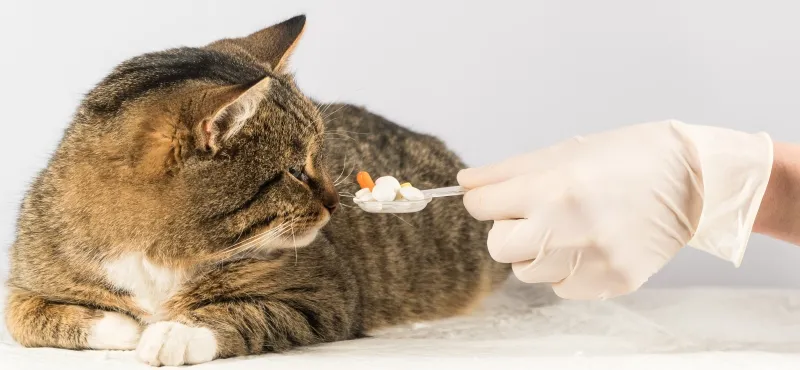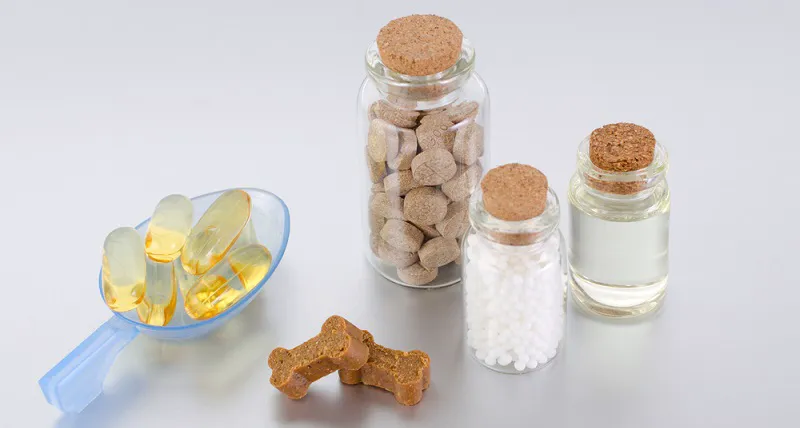All cats require vitamins and minerals to stay healthy. While balanced, ready-made food usually provides enough of these nutrients, there are cases where additional intake is necessary. If your cat is experiencing age or health conditions, vitamins may be recommended by a veterinarian. It's important to note that giving vitamins to cats should be based on a visual inspection by a veterinarian and vitamin-mineral complexes should not be prescribed earlier than 1.5-3 months. The essential vitamins and minerals for cats include A, B1, B2, B5, B6, B9, B12, C, D, E, PP, K, calcium, phosphorus, magnesium, iron, sodium, potassium, copper, zinc, and iodine.

Causes of vitamin deficiency
1. Improper and poor-quality nutrition.
2. The presence of chronic or infectious diseases.
3. Endocrine and neurological disorders.
4. Poor environmental conditions.
5. Low physical activity.
6. Stressful situations.
7. Parasitic infestations.
8. Dysbiosis.
9. Surgery.
10. Antibiotic treatment.

Please note that all vitamins fall into one of two categories: water-soluble or fat-soluble. Water-soluble vitamins, such as vitamin C and group B, are excreted through urine, and their deficiency is often due to poor absorption. Conversely, fat-soluble vitamins (A, E, K, D) are stored in the liver and adipose tissue. It is imperative to develop vitamin-mineral supplements for cats based on their age and health status to guarantee optimal health.